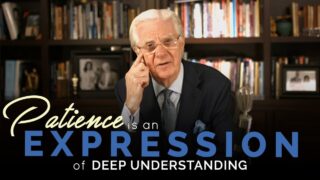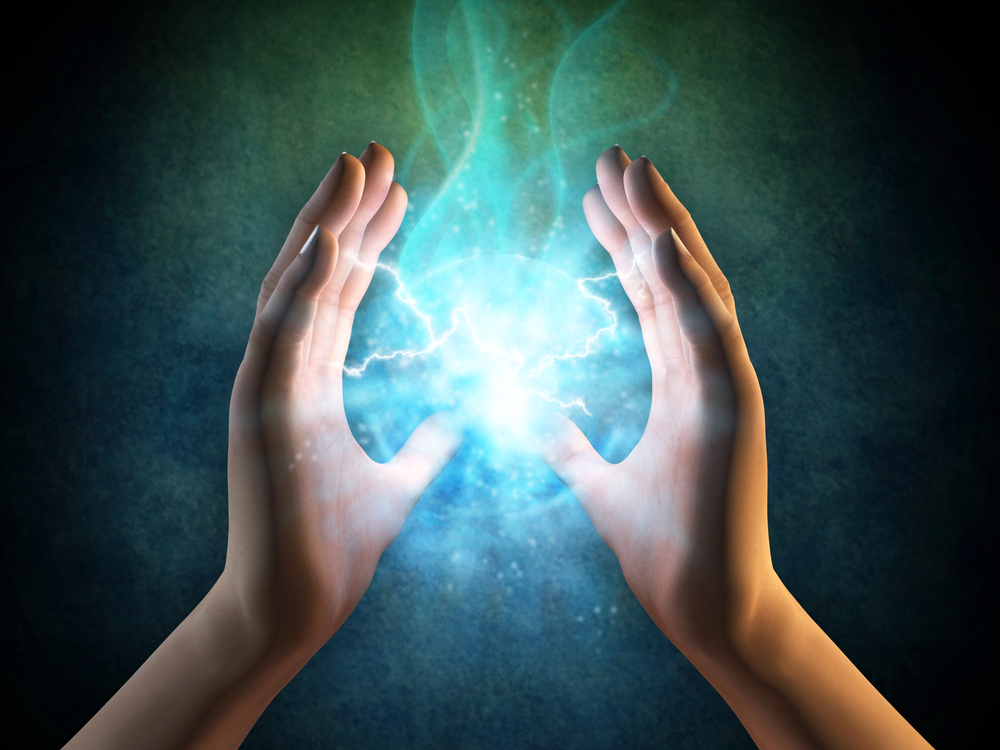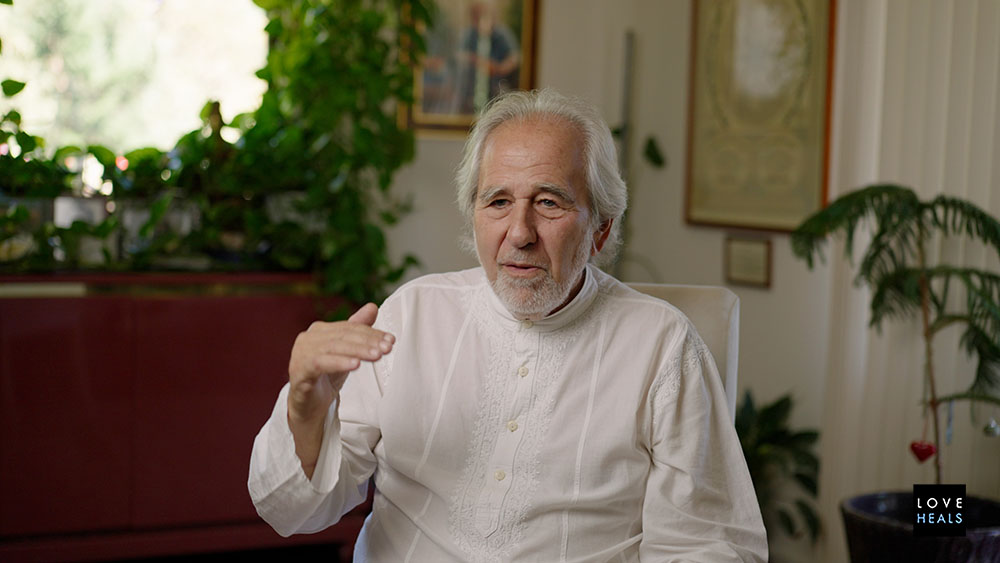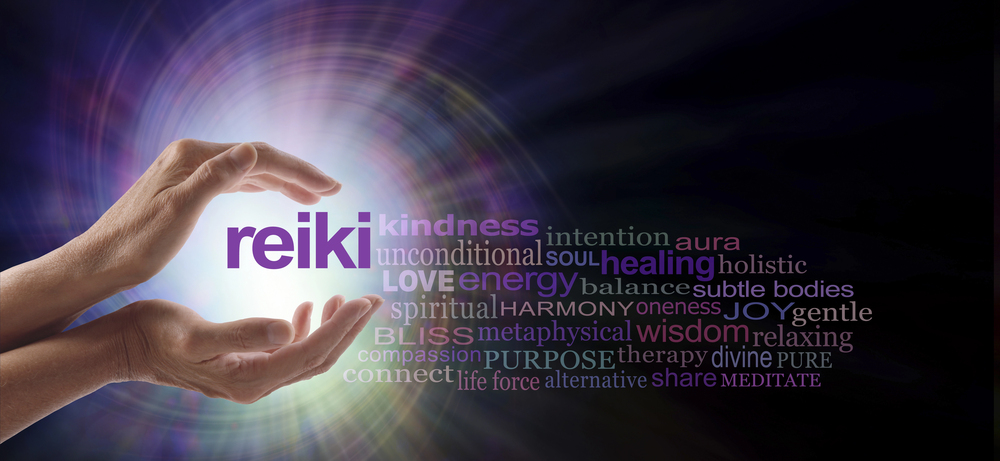なぜか生きづらい…心の傷を癒すヒプノセラピー【実例で解説】
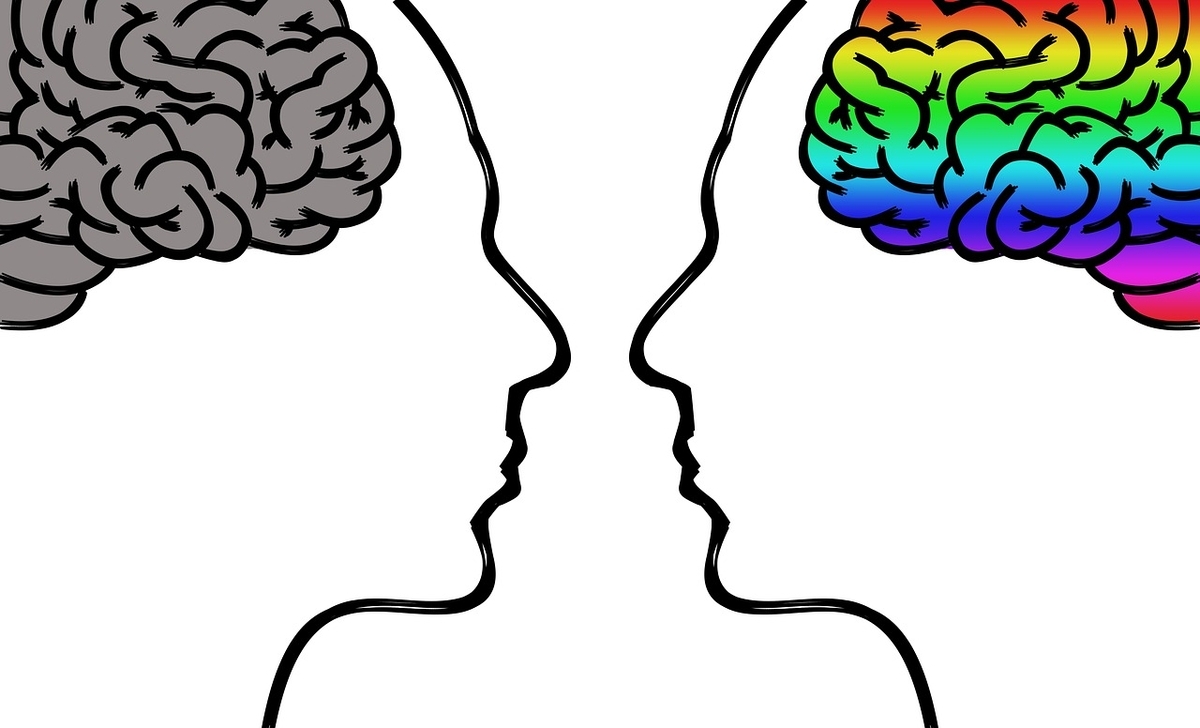
We all walk through a maze of complex emotions. Joy, sadness, anger, anxiety, unspeakable pain. These are the elements that shape us, the source of our perception of the world and the basis for determining our actions. However, it is not easy to look at the emotions and memories that lurk in the depths of the mind. It's a journey that requires courage and perseverance, like groping your way through the dark.
- 1 The labyrinth of the mind and the need for self-understanding
- 1.0.1 The contours of the mind that are difficult to see ~ the difficulty of capturing emotions
- 1.0.2 Present constraints created by past wounds ~ The mystery of repeated patterns
- 1.0.3 The first step to self-understanding ~ Exploring the depths of the mind
- 1.0.4 Hypnotherapy ~ Bridge to the subconscious
- 1.0.5 Examples and impressions of hypnotherapy in Japan
- 1.0.6 Understanding the Mechanism of the Mind ~ Map to Get Out of the Maze
- 1.0.7 Hope for the future ~ Becoming a shining presence
The labyrinth of the mind and the need for self-understanding

We touched on the importance of releasing emotions. It is the key to unburdening the mind and living more lightly. However, deep down in the heart, there is an even more complex and deep-rooted "wound". In this article, we will focus on this emotional wound and explore how it binds us and how we can release it, with a scientific perspective. In particular, we will delve deeper into the effects and possibilities of hypnotherapy with examples and impressions of hypnotherapy in Japan.
The contours of the mind that are difficult to see ~ the difficulty of capturing emotions
"What emotions are you feeling right now?" We experience a variety of emotions on a daily basis, but it is difficult to accurately grasp and verbalize them. Just as we can't objectively perceive our own reflection in the mirror, emotions are also difficult to grasp as subjective experiences.
Tears overflow for no reason, anger over trivial matters, and emotions move in emotional moments, but we don't know the root cause. These emotional swings are deeply connected to the depths of our consciousness, that is, to the subconscious or unconscious. This subconscious realm is created by the accumulation of past experiences and memories, and is deeply engraved in the mind like a stratum.












































Emotions are not just mood changes, they are our own history. Past events, emotions at that time, how they are recorded in the brain. These factors are intricately intertwined to shape our current emotions and behaviors. That's why understanding your emotions is synonymous with understanding your own history and is the first step to finding a way of life that is more like you.
Present constraints created by past wounds ~ The mystery of repeated patterns
The impact of past experiences on us today is greater than we can imagine. Childhood traumas, in particular, such as parental discord, bullying, and abuse, are deeply engraved in the mind and affect subsequent relationships and choices, as if they were a program.
For example, a person who witnessed a violent fight between a parent in childhood may overreact to even the slightest disagreement with his partner after growing up, or may not be able to assert his or her opinion for fear of the other person's anger. People who have been hurt in past relationships may be afraid to step into the next relationship and may be reluctant to love someone.












































In these cases, we may be bound by "stereotypes" and "assumptions" based on past experiences, and we may repeat the same patterns as if we were chained invisible. Negative beliefs such as "men are scary," "I can't go against angry people," and "I don't deserve to be loved" unconsciously limit our actions and choices, leading us in a different direction from our true selves.
In particular, when the act of "patience" is passed down from parent to child in a chain reaction, the effect is remarkable. A daughter who grows up watching her mother always put up with her may learn to put up with it in the same way and suppress her own desires. As a result, they give up on what they really want to do, let go of the person they love with all their hearts, and repeat the cycle of "patience" in their marriage and child-rearing. This negative cycle binds us, deprives us of our freedom, and clouds our true brilliance.






















The first step to self-understanding ~ Exploring the depths of the mind
The first step to breaking this cycle and regaining your own way of life begins with knowing your own emotions. It's about shedding light on the emotions that lie dormant deep inside your mind and the assumptions that are hidden in your subconscious. Like an archaeologist excavating an ancient ruin, they dig deep into the heart and carefully unravel hidden emotions and memories.
This process is by no means easy. Facing the pain and sadness that lurks deep in our hearts can sometimes be painful and painful. However, by facing it head-on and not looking away, we can unload our minds and free ourselves from the curse of the past.
The "Kokoro Course" that I offer is a place for just that.
We provide support for deepening self-understanding through various works and discussions so that participants can deeply understand their emotions and inner states.
Even the heartache that is difficult to put into words can be guided to get to the heart of the problem by carefully unraveling the emotions and releasing the emotions connected to the memories of the past.












































This process is as if a person who was lost in the dark finds a way out.
Only by understanding what you are suffering from and what you are bound by can you think of a concrete way out of it.
And through that process, you can regain your "true self" and find a way to be more yourself and live more freely.
Hypnotherapy ~ Bridge to the subconscious
As a means of healing emotional wounds and releasing stereotypes and negative emotional memories, we incorporate a psychotherapy called hypnotherapy. This therapy is based on scientific evidence, including Ericksonian therapy, and aims to fundamentally solve problems of the mind by accessing the subconscious mind.
The word "hypnosis" may conjure up images of magic or the occult for some people. However, hypnotherapy is a psychological approach, and a hypnotic state is not that different from the relaxed state that we experience on a daily basis. Entering a hypnotic state gives you more access to your subconscious mind that you are not normally aware of, allowing you to better understand and release past traumas and emotional issues.












































In hypnotherapy, the first step is to induce the client to enter a relaxed state. Then, by reflecting on past events and speaking words that work on the subconscious, we will evoke emotions and memories hidden deep in the mind. During this process, clients can reframe past events from a new perspective, release emotions, and draw on the power to heal emotional wounds.
Sometimes, if we feel that mental problems are caused by a "past life," we may use "past life therapy." This is based on the idea that in the process of tracing past memories, some things can come out that feel like memories of past lives. It can help you understand how your past experiences affect you in the present. However, this is one of many methods, and more generally, it focuses on therapies aimed at dissolving stereotypes and past imprints that have been imprinted in the subconscious.












































Hypnotherapy has the advantage of being more effective than traditional counseling or psychotherapy because it allows you to directly approach problems that lurk deep in the mind. However, it is not suitable for everyone, and it is important to choose the right therapy based on the judgment of a specialist.
Examples and impressions of hypnotherapy in Japan
Even in Japan, hypnotherapy is gradually gaining recognition, and many people are experiencing its benefits. Here are a few real-life examples and what people who have actually undergone hypnotherapy have to say.
Example 1: Freedom from Past Trauma
Ms. A, a woman in her 30s, suffered from constant anxiety and self-denial due to her childhood abuse experience. Conventional counseling can only deal with superficial problems and do not lead to fundamental solutions. When I tried hypnotherapy, I was able to re-experience traumatic memories of the past in a hypnotic state and release the emotions of the time.























Ms. A's impression: "I was scared at first, but my therapist guided me and I was able to face my past self. After hypnotherapy, I feel less anxious and blame myself less than I used to. It's like taking a burden off your shoulders for so many years."
Example 2: Improvement of unexplained physical condition
Mr. B, a man in his 40s, had been suffering from unexplained health problems for many years. I was examined at various hospitals, but no abnormalities were found. After undergoing hypnotherapy, it turned out that the intense stress I felt at work in the past was the cause of my poor health in my subconscious. In the hypnotic state, I released my emotions at the time and understood the cause of my stress, and my physical condition gradually improved.























Ms. B's impression: "I never thought that past stress was the cause of my poor health, and I was surprised to learn the real cause by accessing my subconscious mind through hypnotherapy. After that, I was able to manage my stress better and I didn't feel as bad as I used to."
Example 3: Restoring self-confidence and improving self-esteem
Ms. C's impression: "I used to be afraid of love, but after receiving hypnotherapy, I was able to gradually become more positive. Now I feel like I'm more open to new relationships."












































Based on these examples, hypnotherapy may be effective for a variety of mental health problems, such as releasing past trauma, improving unexplained physical ailments, and restoring self-confidence. Effects vary from person to person, and not everyone will get the same results. It is very important to choose a therapist you can trust.
Understanding the Mechanism of the Mind ~ Map to Get Out of the Maze
By correctly understanding the laws and mechanisms of the mind, we can find our own way of life without hesitation. It's like getting a map in a maze, understanding the structure of our minds will help us understand ourselves more deeply and overcome challenges.
By understanding the effects of "patience" and "negative cycles" on the mind and the mechanisms by which they are repeated, we can make choices to break the chain and live more freely. By understanding how past traumas affect our current behaviors and emotions, we can control their effects and envision a future that is not bound by the wounds of the past.












































In addition, understanding the mechanisms of the mind is important not only for healing the self, but also for understanding others and building better relationships. By understanding the emotional wounds and traumas behind the actions and emotions of others, you will be able to empathize more deeply with them and build better communication.
Hope for the future ~ Becoming a shining presence
We all have the potential to contribute to this world through our individuality, talents, and experiences. But it's also true that past wounds and traumas mask that potential and cloud our brilliance. That's why you need to face and heal your emotional wounds.
Healing emotional wounds is not just healing, it is the first step to opening up a new life and a journey of self-transformation. By carefully facing our hearts, we can understand our strengths and weaknesses and discover our true worth. And through that process, we can transform into beings who are more like themselves, freer, and more radiant.












































In addition, by deepening our self-understanding and healing our minds, we will make positive changes in the relationships around us. If you change, the world around you will change. And each of us should be able to build a more peaceful and prosperous society by pursuing peace of mind and happiness.
We're all not perfect. Sometimes we are hurt, troubled, and distressed. However, through that experience, you will grow and become stronger and kinder. That's why let's not be afraid of the wounds of the past, and let's face our hearts carefully and deepen our self-understanding. And by loving and taking care of yourself, you can become a more radiant presence in this world.






















Conclusion
Scientifically analyzing and confronting "emotional wounds" is the first step to envisioning a new life. Carefully facing your heart will bring about a positive change in your relationships with others.
And I hope that each of us will shine in this world. This journey will not be easy, but it will surely enrich your life.
Try to open the door of your heart slowly at your own pace. And if necessary, consider hypnotherapy as an option. Believe in the healing power that sleeps in your heart.


